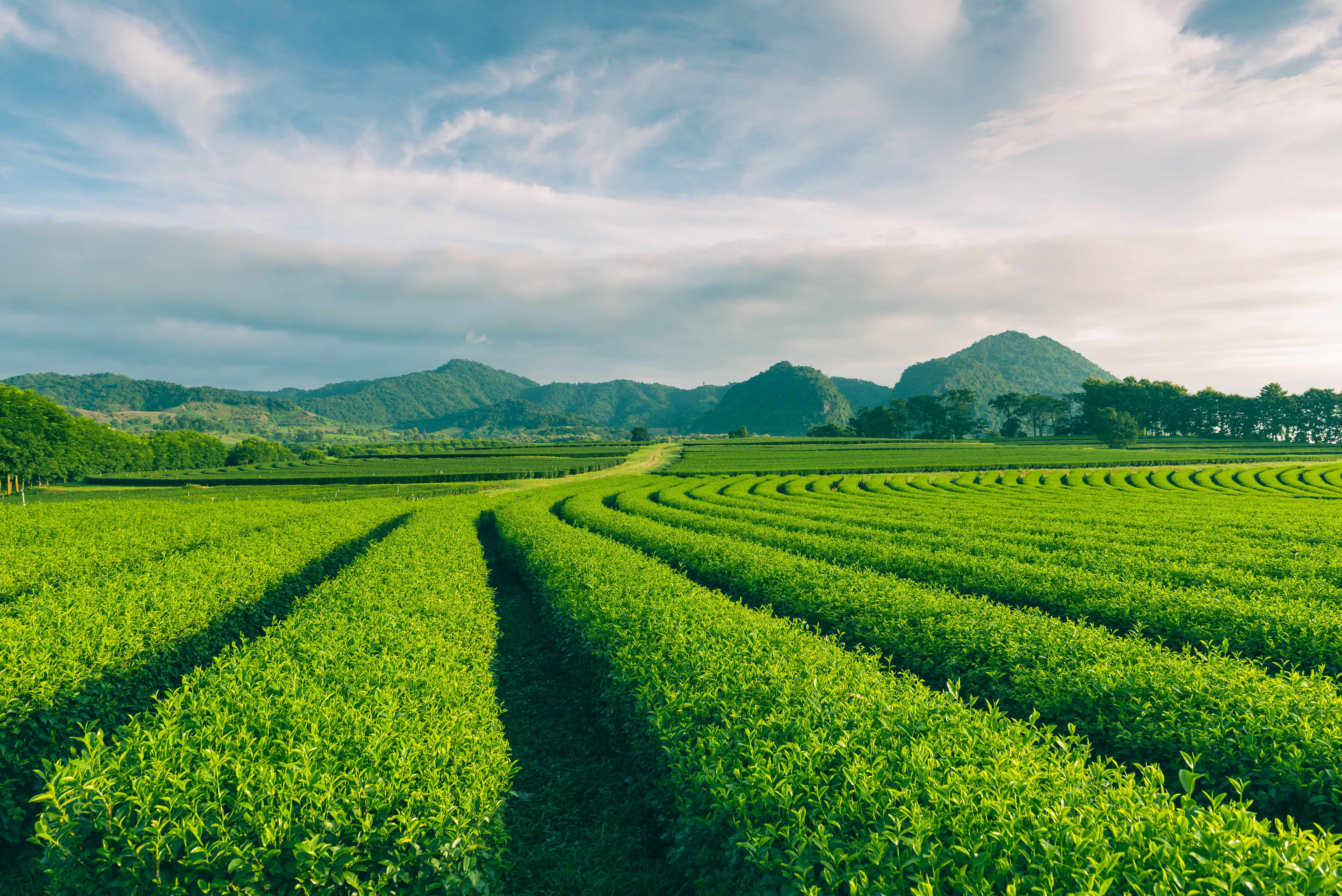Agriculture recruitment and it's important role in Malaysia’s economy
Thanks to Malaysia’s warm, humid and stable climate which remains largely unaffected by extreme weather conditions, the country is able to produce a wide range of crops on which its economy depends. From palm oil and rubber, through to food and fruit crops, Malaysia’s agricultural sector remains relatively strong, but faces a number of challenges including insufficient investment and an increasing export dependency. As such, there is a need to revolutionise the country’s agricultural industry; a challenge which will no doubt lead to increased agricultural recruitment in Malaysia.
Palm oil leads agricultural production in Malaysia
At present, Malaysia’s agriculture, fisheries and forestry sectors account for approximately 10 percent of the country’s labour force and around 8 per cent of GDP. A number of crops such as rubber, cocoa and palm oil account for approximately half of this output, combined with significant contributions from rice and tropical fruit production.
Palm oil is Malaysia’s most lucrative crop and the country is the second largest producer and exporter in the world, following Indonesia. In 2020, Malaysian palm oil production accounted for 26 per cent of global production, and 34 per cent of global exports. However, Malaysia does not have any additional land available for palm oil production, which means that any possible increase going forward could only be achieved through increases in yield and productivity.
The importance of palm oil to the Malaysian economy has resulted in Malaysian-owned companies having a major presence in Indonesia, with many making investments in palm oil refineries in a number of significant markets including China, the United States and Europe.
Rubber production recruitment in Malaysia
Although the rubber production in Malaysia has been in decline since the mid-20th century, the production of rubber is still important to the country and retains important links with the country’s domestic manufacturing industry. Interestingly, Malaysian exports of rubber gloves (the country is the world’s largest manufacturer), enjoyed a significant increase in productivity thanks to the Covid-19 pandemic.
Currently, Malaysia contributes 46 per cent of world rubber production, producing approximately 1.5 million tons on an annual basis. Rubber production is carried out by a wide range of producers from local smallholders and plantations, through to joint ventures with the US and Europe, and multinationals. However, as around 90 percent of production currently lies in the hands of smallholders, there is significant concern over the possibility that these smallholders switch to other activities if the price of rubber falls. As such, stabilising the research and development of the rubber industry is an area which offers a range of opportunities for recruitment companies in Malaysia.
Rice and other crops
As rice is the staple food in Malaysia, it will come as no surprise to learn that rice production plays an essential role in the country’s agricultural sector. Despite this, current production isn’t able to satisfy demand and as such, Malaysia imports rice from it’s neighbours, Vietnam and Thailand. Furthermore, a steadily increasing population, combined with a lack of available farm land, have led to demands for the development of technologies and research to increase rice production. Although Malaysia has a comparatively strong agricultural research capability, this is yet another area which is agricultural recruitment consultants in Malaysia such as Peak Recruitment, will see additional vacancies for individuals with the skills and experience required.
In addition to rice production, Malaysia is also renowned for its production of exotic fruit including pineapples, coconuts and durians. Around one third of the world’s pineapple crop is produced in South East Asia and the Hawaiian Islands. Coconut was also once of Malaysia’s major plantation fruit crops, however this has changed since increasing demand for palm oil led to many coconut planters switching to palm production. Despite this, coconut production is still an important part of the country’s agricultural sector, with the majority of plantations to be found in Sarawak and Sabah. Last and by no means least, durian fruits have, over recent years, become a new revenue stream for Malaysia.
Food insecurity in Malaysia
Although the future is looking bright for many areas of Malaysia’s agricultural sector, the country is amongst those identified by the World Bank as facing increasing levels of food insecurity. If not addressed, food security could potentially send years of development gains into steep decline.
In an effort to prevent food insecurity, Malaysia’s Ministry of Agriculture and Food Industries is putting in place a number of measures aimed upholding and improving the resilience of the national food supply chain. Once of the first challenges set is to tackle food productivity levels by increasing the capacity and ability of local food production. A new approach to the food industry in Malaysia isbeing seen in the implementation of smart agriculture, such as land profile systems, for example. In addition, close monitoring with the aim of finding solutions is being carried out to help improve food security through availability, accessibility and utilisation of food.
In order for Malaysia to improve its food security situation an increase in self-reliance is required; something which will require the expertise an input of talented individuals with expertise in a wide range of fields including supply chain management, supply planning, crop science, agri tech and more.
Contact Peak Recruitment
Peak Recruitment is a team of agricultural recruitment consultants in Malaysia. We work with prospective candidates and clients, helping them find or fill exciting roles across the agricultural sector. Thanks to our flexible approach, we are able to provide tailored recruitment solutions to agriculture recruitment in Malaysia and throughout the Asia Pacific region. Please get in touch to find out more.

